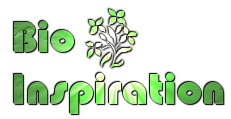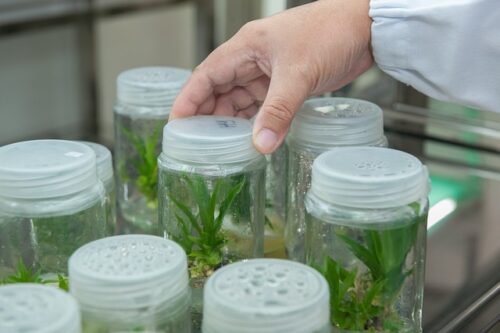Biotechnology is a branch of science that uses living organisms, or parts of organisms, to make or modify products for specific uses. It involves a combination of engineering, biology, and biochemistry. Biotechnology has been used for centuries to produce food and other products. In recent years, biotechnology has been used to make new products and processes more efficient, to treat and prevent diseases, and to develop more effective medicines.
Biotechnology utilizes many different processes to generate products or create new functions, including genetic engineering and tissue engineering. Genetic engineering involves the modification of genes, usually to create organisms that are resistant to certain diseases, while tissue engineering involves combining cells, tissues, and chemicals to create structures that can be used in medicine. Biotechnology is also used to create biomaterials, which are used in medical and industrial applications.
Is Biotechnology a Biological Science?
Yes, biotechnology is considered a biological science. The work of biotechnologists relies heavily on knowledge of biology, as well as other sciences, such as chemistry, physics, and mathematics. In addition, biotechnologists must be well versed in ethical considerations, since their work involves manipulation of living organisms.
Biotechnology has applications in many sectors, including food and agriculture, medicine, industry, and environmental protection. Biotechnologists are employed by universities, research institutions, and companies in these sectors. Their primary task is to use living organisms to create products or to process and improve existing products.
What Are the Benefits of Biotechnology?
Biotechnology is a rapidly growing field with many benefits. One advantage of biotechnology is that it can be used to produce new products and processes more rapidly or to improve existing products. For example, biotechnological techniques have been used to develop new crops that are resistant to pests, as well as medicines that are more effective than existing treatments. In addition, biotechnology can help to reduce environmental pollution by enabling the development of new technologies that can clean up contaminants.
Biotechnology also has the potential to improve public health. For example, biotechnological techniques can be used to produce more effective vaccines and medicines. In addition, biotechnologists can use their expertise to identify and develop new treatments for diseases. Finally, biotechnology can also be used to create renewable energy sources, such as biofuels.
Conclusion
Biotechnology is a rapidly growing field with many benefits. It is considered a biological science, as the work of biotechnologists involves knowledge of biology and other sciences. Biotechnology has applications in many sectors and can be used to produce new products and processes more quickly, to improve existing products, to reduce environmental pollution, or to improve public health. In conclusion, biotechnology is a versatile science that has the potential to improve the lives of many people.

